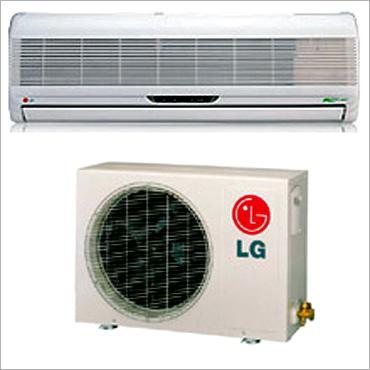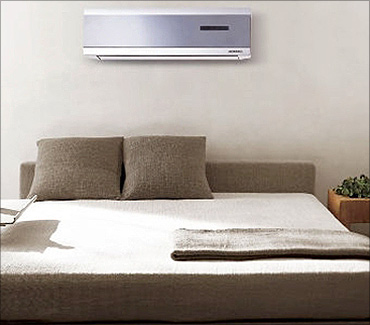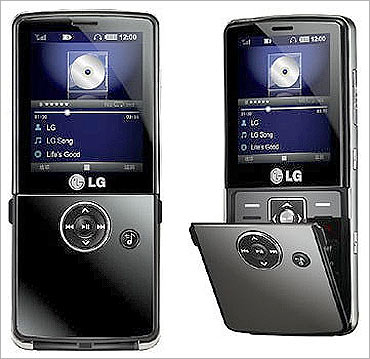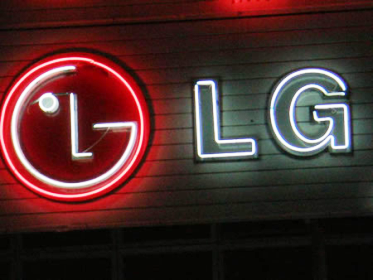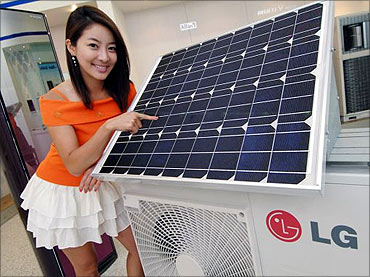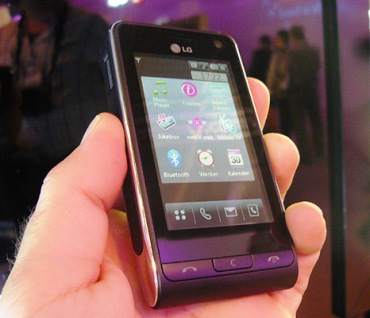 | « Back to article | Print this article |
Why LG bets big on 3D
The 3D technology seems to be catching the fancy of one and all and the current financial year will be the year of reckoning, believes LG.
Taking a cue from the ever-expanding support base for 3D, the Seoul-based company is ensuring that its mobile phones, TV sets, computer monitors and even laptops are 3D-integrated.
LG recently launched its Cinema 3D TV -- the 'next generation' 3D -- in the Indian market.
Click NEXT to read further. . .
Why LG bets big on 3D
"LG's 3D TV offers a better viewing experience in a room, as well as comes with cheaper, lighter 3D glasses (LG bundles four pairs with its new 3D TV sets)," says LG Electronics' (India) managing director Soon Kwon.
LG had attempted to sell 3D TVs with active shutter glasses last year, but had little success.
"People were not shopping for 3D TVs in 2010 and we found out that the active shutter glasses were uncomfortable, heavy, caused nausea and were costly, too (average cost was $200 each).
"That's when we invested our resources on Film Patterned Retarder that addressed each of these problems."
Click NEXT to read further. . .
Why LG bets big on 3D
The flickering effect has been addressed by LG with its existing 3D TVs -- the new system uses a polarised film on the screen surface that delivers images to each eye individually through 3D glasses that do not shutter.
LG's FPR, which eliminates cross-talk (image overlap) and flickering, is its answer to shutter-glass 3D televisions developed by market leader Samsung.
While competition is eager to launch 3D TV sets, LG's strategy is perhaps the broadest as it covers everything from TVs to projectors, and eventually Blu-ray players and home cinema systems.
Click NEXT to read further. . .
Why LG bets big on 3D
Players like Sony are paying more attention to spur a 'comprehensive' strategy to build an overall ecosystem, while Samsung Electronics is pushing its traditionally strong 'hardware-driven' schemes.
But 3D is not on Samsung's plans this year.
Outlining the 2011 strategy for the flat panel TV category, R Zutshi, deputy MD, Samsung India, says: "We were the first to launch LED TVs and 3D TVs, but now we are betting on Smart TVs.
Click NEXT to read further. . .
Why LG bets big on 3D
"To bring alive the Smart TV experience for our Indian consumers, we have gone in for content tie-ups with major content developers like Times Music, NDTV Convergence and Money Control."
LG says the Indian 3D television market is around 200,000 units a year and has decided to invest Rs 300 crore (Rs 3 billion) on various marketing initiatives for its flat panel televisions this year.
Y V Verma, chief operating officer, LG Electronics, claims the inbuilt 2D-to-3D conversion feature in 3D TVs will guarantee enough 3D content to view.
Click NEXT to read further. . .
Why LG bets big on 3D
"The feature is aimed to deliver any 2D content as 3D and the quality of 3D content is not compromised," he insists. Verma adds that prices will remain flat even as the technology moves toward glasses-free 3D technology.
According to LG, 2011 will be the year for 3D products, including 3D glasses-free handsets, 3D projectors, 3D tablet PCs and 3D notebooks.
Kwon believes 3D PC monitors and laptops will be the next big thing after TV to drive growth.
LG claims it can garner a 40 per cent share in the 3D product space.
Click NEXT to read further. . .
Why LG bets big on 3D
The company has already revised its target sales for 3D notebook PCs by 30 per cent this year.
Competition for LG in the IT product space comes from vendors like MSI, Dell, HCL, Toshiba and HP.
3D laptops and PC displays are priced at a premium with prices starting at Rs 45,000 and Rs 15,000, respectively.
LG will soon launch its smartphone, Optimus 3D -- the first mobile phone to include a 3D screen and 3D video recording capabilities, says Kwon.
Click NEXT to read further. . .
Why LG bets big on 3D
"Indians love their mobile devices and with Optimus 3D we aim to deliver a phone that allows viewing of 3D content without glasses."
Also, on cards is Optimus Pad, the company's first tablet that will sport 3D. To view 3D images on LG Optimus Pad's 1280 x 768 WXGA screen (higher than the iPad2) will require glasses unlike the LG Optimus 3D phone.
Refusing to compare the device with Apple iPad, Kwon argues: "The user-generated 3D content produced by the LG Optimus Pad can be viewed on a 3D TV or YouTube 3D and it will also allow people to upload their content to YouTube 3D. Who else is giving this feature?"
Click NEXT to read further. . .
Why LG bets big on 3D
Kwon, however, refused to give details on the pricing. "The biggest USP of Optimus Pad will be its 3D video recording feature.
"However, you will have to hook the device on to your TV to make the most of the technology."
With the focus on higher-end smartphones, LG expects to increase the category market share to 10-12 per cent. LG Mobiles has also earmarked
Rs 250 crore (Rs 2.5 billion) to strengthen the existing infrastructure for retail development and marketing activities for new products like 3D devices.
